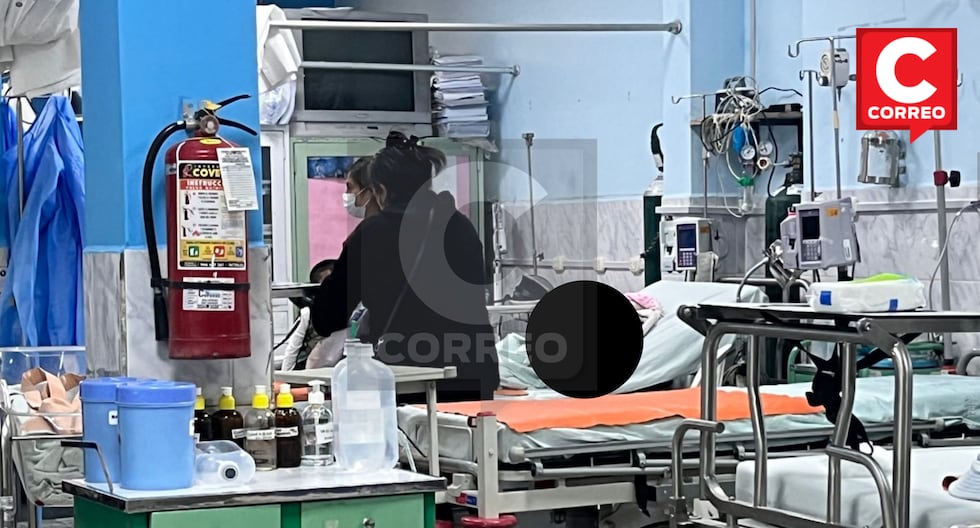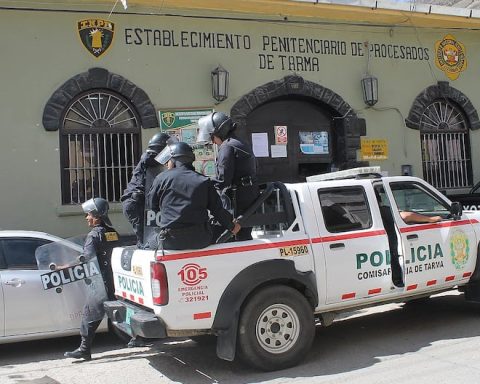Mexico, Guatemala and Belize operate digital tool to protect animal and environmental health
From the Editorial Staff
The newspaper La Jornada
Monday, September 23, 2024, p. 12
In order to detect threats affecting the health of animals, people and the environment in a timely manner, the governments of Mexico, Guatemala and Belize operate a pilot program through a digital tool, in which they record, systematize and transfer field data in real time so that veterinarians from the Ministry of Agriculture and Rural Development, as well as technical and specialized personnel from federal agencies, can quickly respond to any disease outbreak.
With this technology, called Smart for Health (Spatial Monitoring and Reporting Tool for Health), federal personnel operating in Protected Natural Areas and community watchdogs record data on mobile devices about mortality and sightings of wildlife with signs of disease that represent a threat to the health of the environment.
The Ministry of Agriculture stressed in a statement that this tool helps strengthen epidemiological surveillance, since the timely detection of pests and diseases in wild animals is key to safeguarding national livestock and even public health.
Global initiative
Since the end of 2023, specialists in emerging and zoonotic diseases (those transmitted from animals to humans) have been participating in the global initiative Prevention and response to pandemics: One Health, funded by the German Federal Ministry for Economic Cooperation and Development (BMZ).
Smart for Health is the product of a multinational collaboration supported by the Selva Maya program, which operates in Mexico, Guatemala and Belize, implemented by the German Technical Cooperation (GIZ), with the participation of specialists from the National Service for Health, Safety and Agri-Food Quality (Senasica), the National Center for Preventive Programs and Disease Control (Cenaprece) and the National Commission for Protected Natural Areas (Conanp).
No internet connection
One of the main advantages of this system, which is already operating in more than a thousand natural regions in 70 countries, is that it is not necessary to have an Internet connection during the tours, since the devices automatically record the observation and save the coordinates.
In Guatemala City, specialists from the General Directorate of Animal Health (DGSA) of Senasica and personnel from Conanp, Cenaprece and the Health Services of Chiapas participated with officials from Belize, Guatemala and Germany in the Workshop on prioritization of zoonotic diseases in the Mayan jungle region, in order to exchange experiences on the management of the Smart for Health system in the field.
Staff from the Zoosanitary Campaigns and the Mexico-United States Commission for the Prevention of Foot and Mouth Disease and other Exotic Animal Diseases (CPA) departments of the DGSA highlighted that the tool will improve preventive systems and will help integrate databases on zoonotic and emerging threats for the Mayan jungle region in the medium term.
















